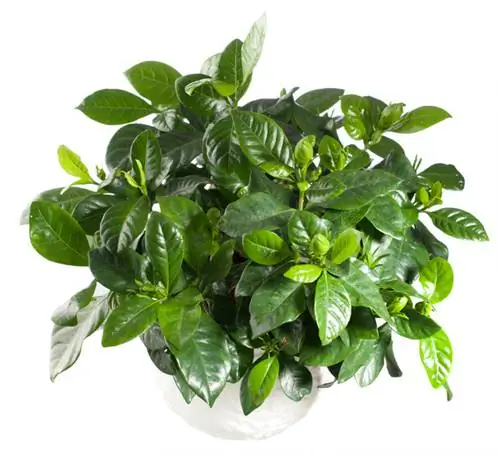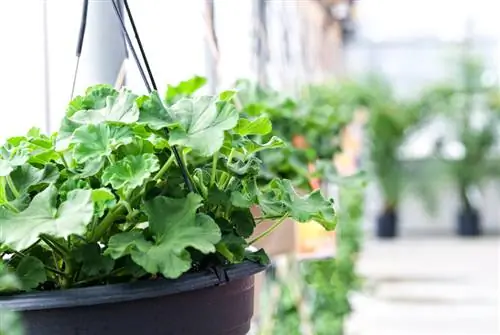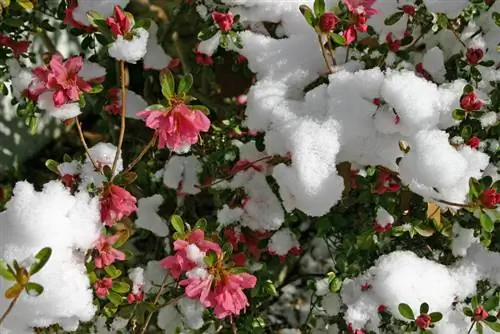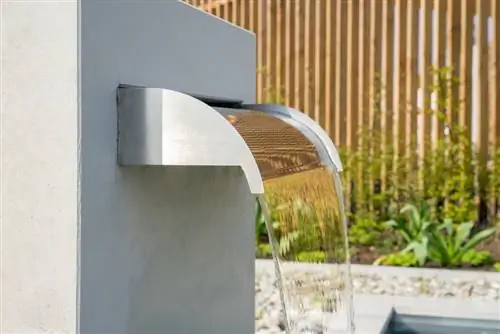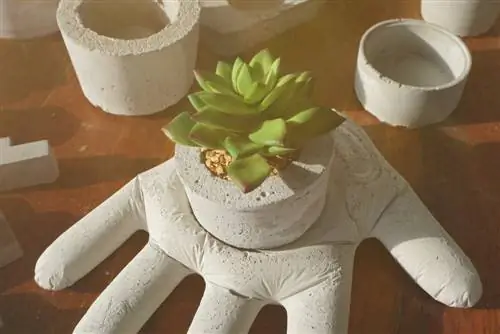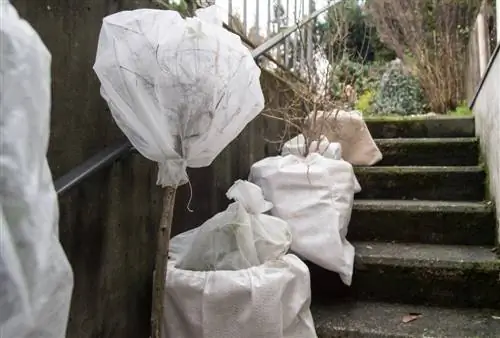- Author admin leonars@hobbygardeners.com.
- Public 2023-12-16 16:46.
- Last modified 2025-01-23 11:21.
Some gardenia species are so hardy that you can grow them in the garden - provided it doesn't get too frosty where they are. However, the Gardenia jasminoides is mostly cultivated in our latitudes. This variety is not hardy and is therefore only kept as a house or container plant.
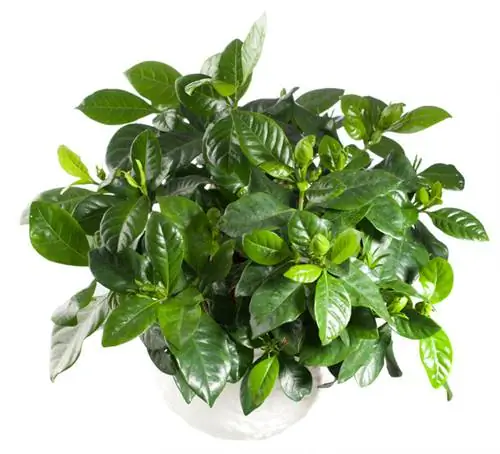
Not all gardenias are hardy
Almost all gardenia varieties cultivated here cannot tolerate frost and must therefore be kept indoors over the winter. This is particularly true for the slightly poisonous Gardenia jasminoides, which is not hardy and cannot even tolerate temperatures below 12 degrees.
Gardenia varieties that are partially hardy can be kept in the garden all year round in a protected location. However, keep in mind that frost can only be tolerated for a very short time. Therefore, protect these varieties in cold winters with mulch blankets (€16.00 on Amazon) and garden fleece.
Overwinter gardenia in the house
You are welcome to put gardenia varieties that are not hardy on the terrace in summer. Make sure there is a bright but not directly sunny spot.
As soon as the temperatures outside fall below ten degrees, you need to bring the plant indoors. Check them carefully beforehand for pest infestation so that no uninvited guests can sneak in.
Ideal places for overwintering gardenias
A place where it is bright and not too warm or too cold is suitable for overwintering a gardenia:
- bright entrance areas
- cool winter gardens
- slightly tempered greenhouses
- Bedroom window
Caring for the gardenia in winter
Gardenias don't take a break in winter. However, they are watered a little more sparingly, as waterlogging quickly develops in cooler temperatures.
The gardenia is not fertilized during wintering.
Protect gardenia from drafts and frequent changes of location
Gardenias are relatively sensitive. They neither tolerate drafts nor do they like it when the location is changed frequently. Therefore, even in winter, make sure you have a place where it is not drafty and where the plant can stay for a long time.
Tip
The gardenia only develops its pretty and fragrant flowers if the temperatures during the growth phase are not too warm at 16 to 18 degrees. Once the flowers have opened, the temperatures can be higher at 17 to 24 degrees.

